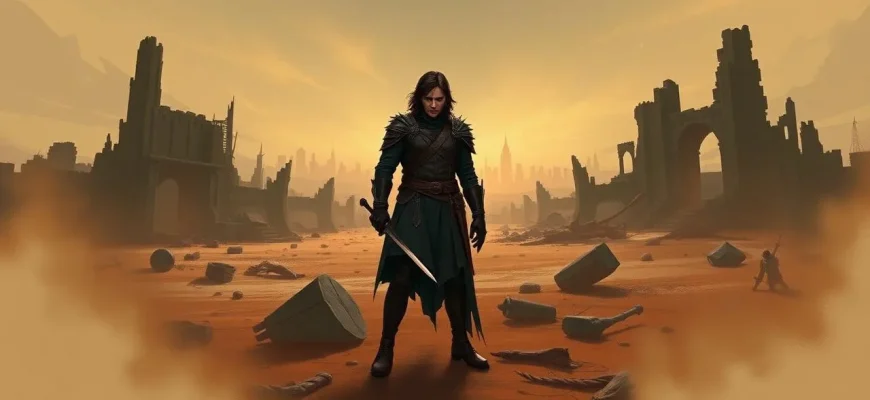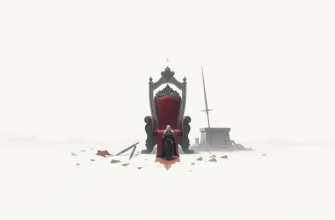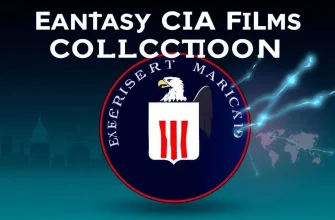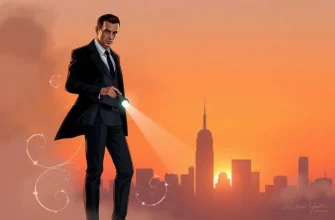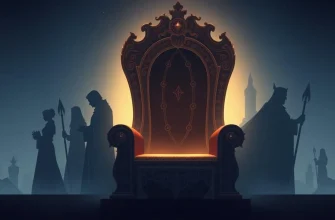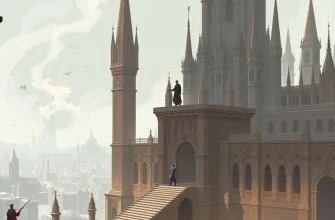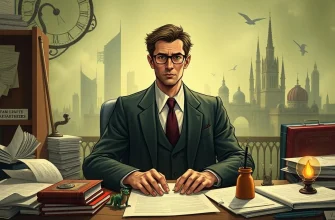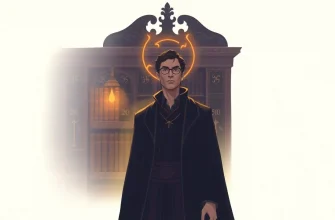In this curated collection, we delve into the realm of fantasy cinema where the dark themes of fascism are explored through allegory, metaphor, and sometimes direct confrontation. These films not only entertain but also provoke thought, offering a lens through which we can examine the rise of authoritarianism, the allure of power, and the struggle for freedom. Whether through dystopian worlds, magical realms, or alternate histories, these movies provide a rich tapestry of narratives that resonate with contemporary issues, making them invaluable for those interested in both fantasy and political commentary.

The Dark Crystal (1982)
Description: This Jim Henson classic uses the struggle between the Skeksis and the Mystics to allegorically represent the rise of fascism, with the Skeksis embodying the oppressive, power-hungry rulers.
Fact: The film was shot using animatronics and puppetry, with no CGI, making it a pioneering work in fantasy cinema. It was also one of the first films to use a completely digital soundtrack.
 Watch Now
Watch Now 
Brazil (1985)
Description: Terry Gilliam's dystopian satire features a bureaucratic nightmare where the state's control over individual lives mirrors fascist regimes, albeit in a surreal, fantastical setting.
Fact: The film's title is a reference to the song "Aquarela do Brasil," which plays during a dream sequence, symbolizing an escape from the oppressive reality.
 Watch Now
Watch Now 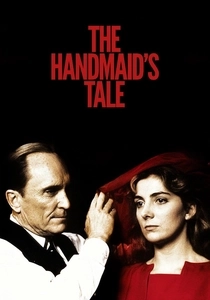
The Handmaid's Tale (1990)
Description: This adaptation of Margaret Atwood's novel portrays a theocratic fascist regime where women are stripped of rights, highlighting the extreme control over personal freedoms.
Fact: The film was one of the first to address the concept of "reproductive fascism," a theme that has gained more attention in recent years.
 Watch Now
Watch Now 
The Shadow (1994)
Description: While not overtly fascist, the film's villain, Shiwan Khan, seeks world domination through mind control, echoing themes of totalitarian rule.
Fact: The character of The Shadow was originally a radio show, and this film was an attempt to bring the character into the modern era.
 Watch Now
Watch Now 
The City of Lost Children (1995)
Description: This French film features a mad scientist, Krank, who kidnaps children to steal their dreams, reflecting a dystopian society where science and control are intertwined with fascist elements.
Fact: The film's visual style was heavily influenced by German Expressionism, which often explored themes of authoritarianism.
 Watch Now
Watch Now 
Equilibrium (2002)
Description: In this dystopian future, emotions are outlawed, and the fascist regime uses "Sense Offenders" to maintain control, showcasing the extreme measures of totalitarian rule.
Fact: The film's concept of "Gun Kata" was developed specifically for the movie, blending martial arts with firearms.
 Watch Now
Watch Now 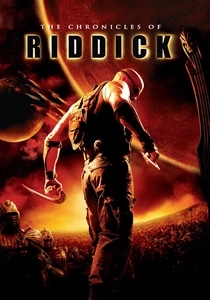
The Chronicles of Riddick (2004)
Description: While primarily an action-adventure, the film's backdrop includes the fascist Necromongers, a religious and militaristic empire seeking to convert or destroy all in their path.
Fact: The film was initially conceived as a direct-to-video sequel but was expanded into a theatrical release due to the success of "Pitch Black."
 Watch Now
Watch Now 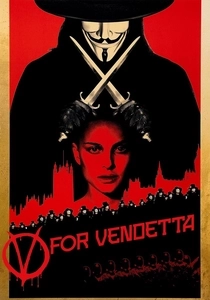
V for Vendetta (2005)
Description: Set in a future Britain under a fascist regime, this film explores themes of resistance and the power of ideas, with V as the symbol of rebellion against tyranny.
Fact: The film's iconic mask has become a symbol of protest worldwide, especially during the Anonymous movement.
 Watch Now
Watch Now 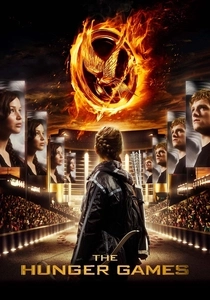
The Hunger Games (2012)
Description: The Capitol's control over the districts through the Hunger Games is a clear allegory for fascist oppression, with the games serving as both entertainment and control mechanism.
Fact: The film's setting was inspired by ancient Rome, particularly the gladiatorial games, reflecting the control and spectacle of fascist regimes.
 Watch Now
Watch Now 
The Darkest Minds (2018)
Description: In a world where children with powers are hunted and controlled by the government, the film explores themes of resistance against a fascist-like regime.
Fact: The film was based on a popular young adult novel series, highlighting the growing trend of dystopian themes in YA literature.
 Watch Now
Watch Now 
